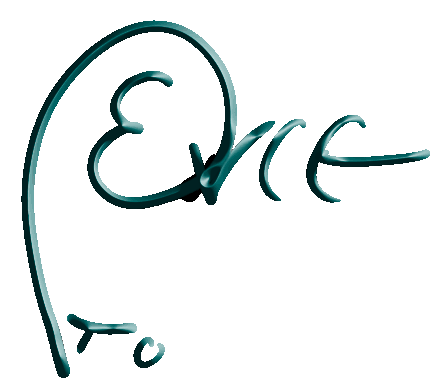death and identity
gorgeous, bittersweet exhibit. michael platt died of a heart attack last sunday (20 january), five days before his solo show opened at american university. a perfect way and place to appreciate the beauty he brought to this world. vibrant, layered pieces, mostly pigment print on large canvases.
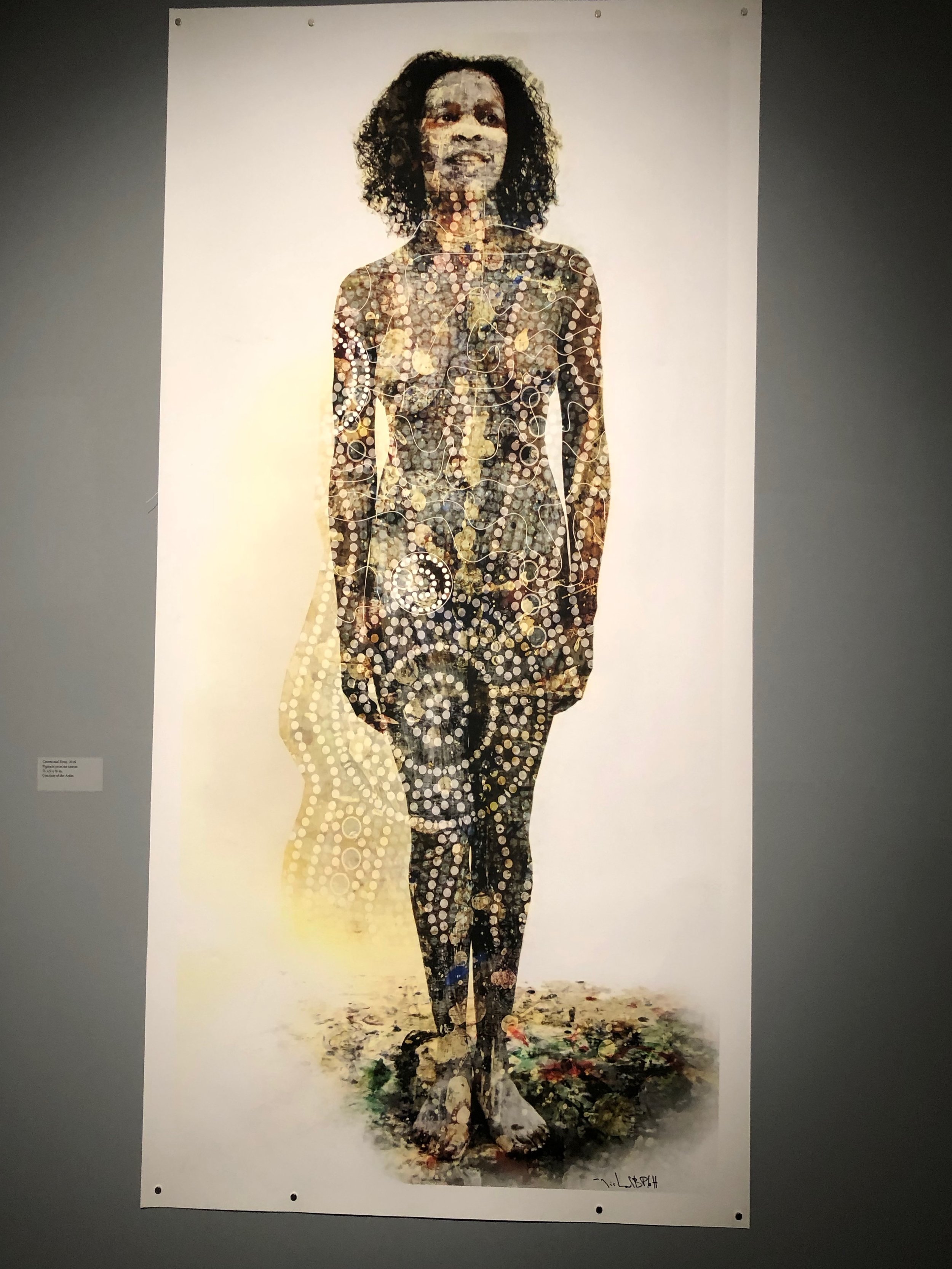
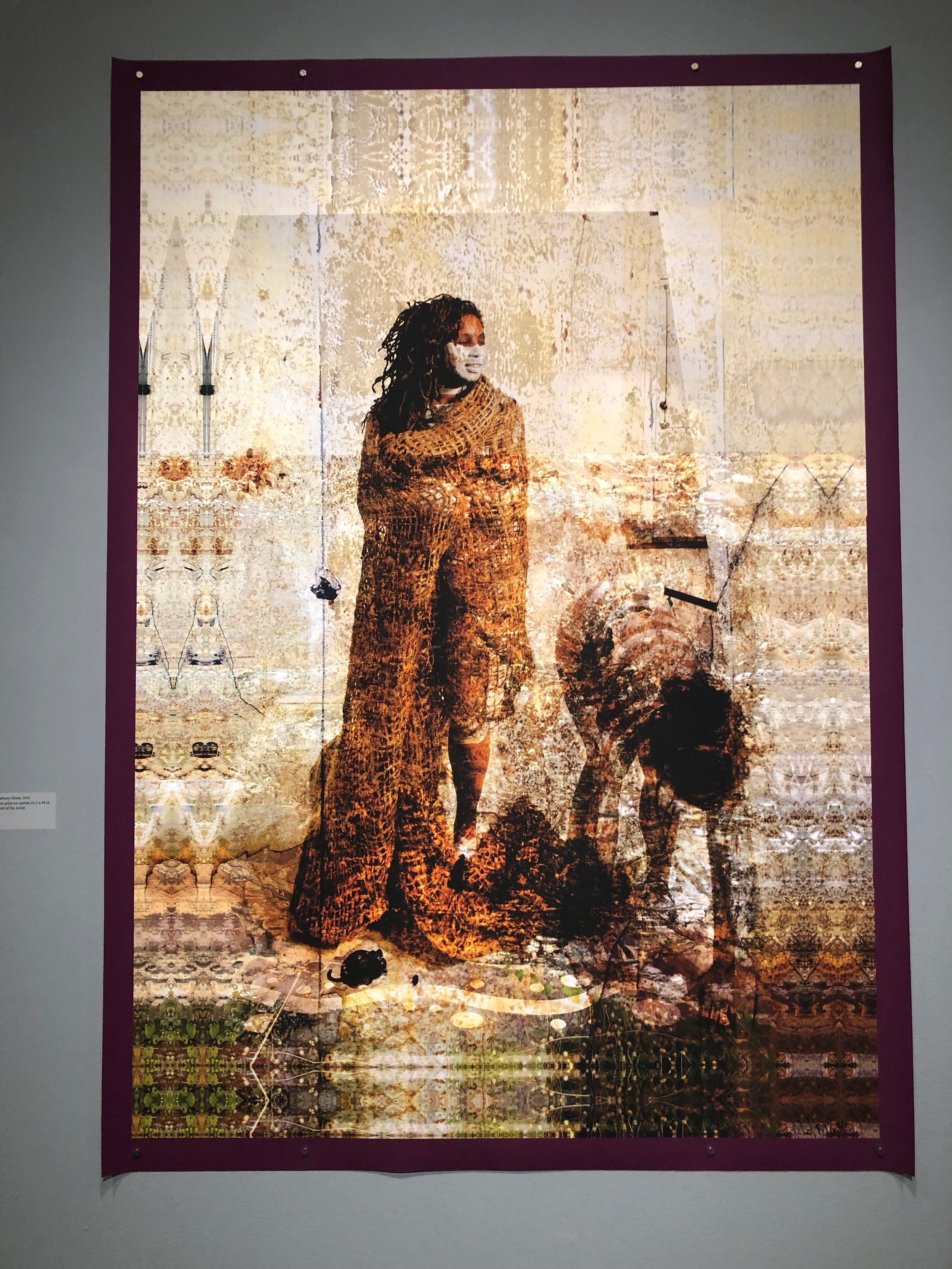
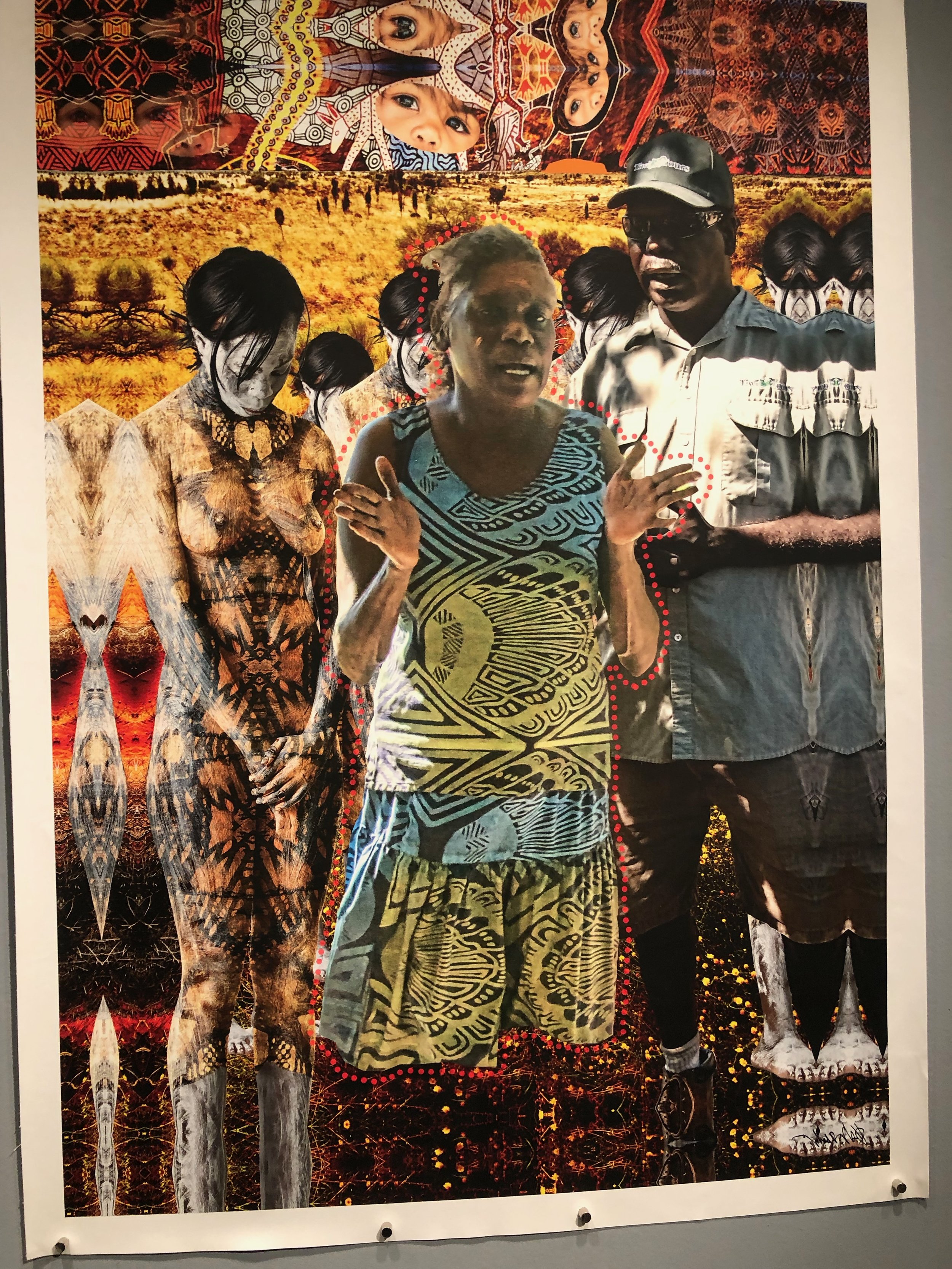
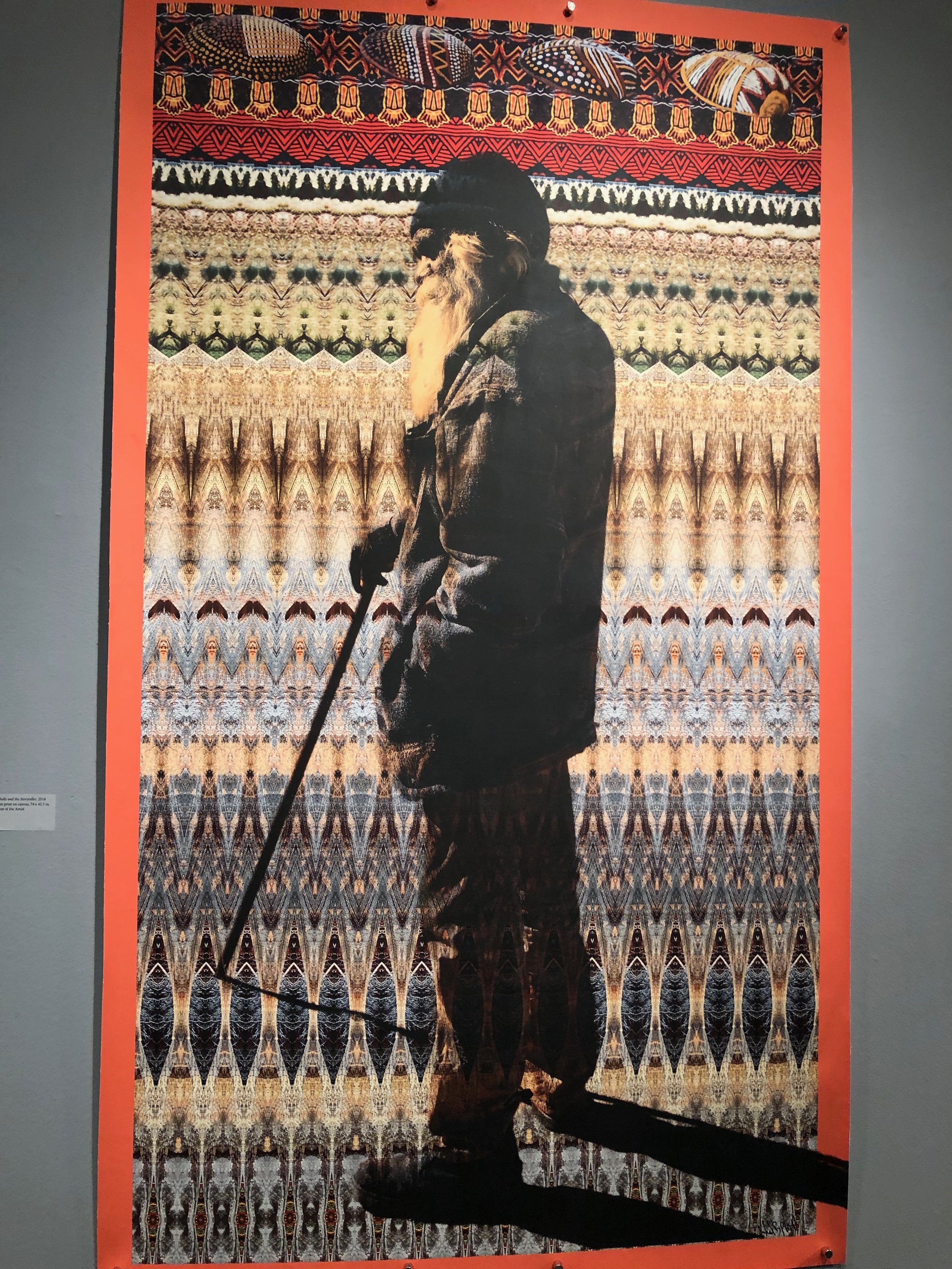
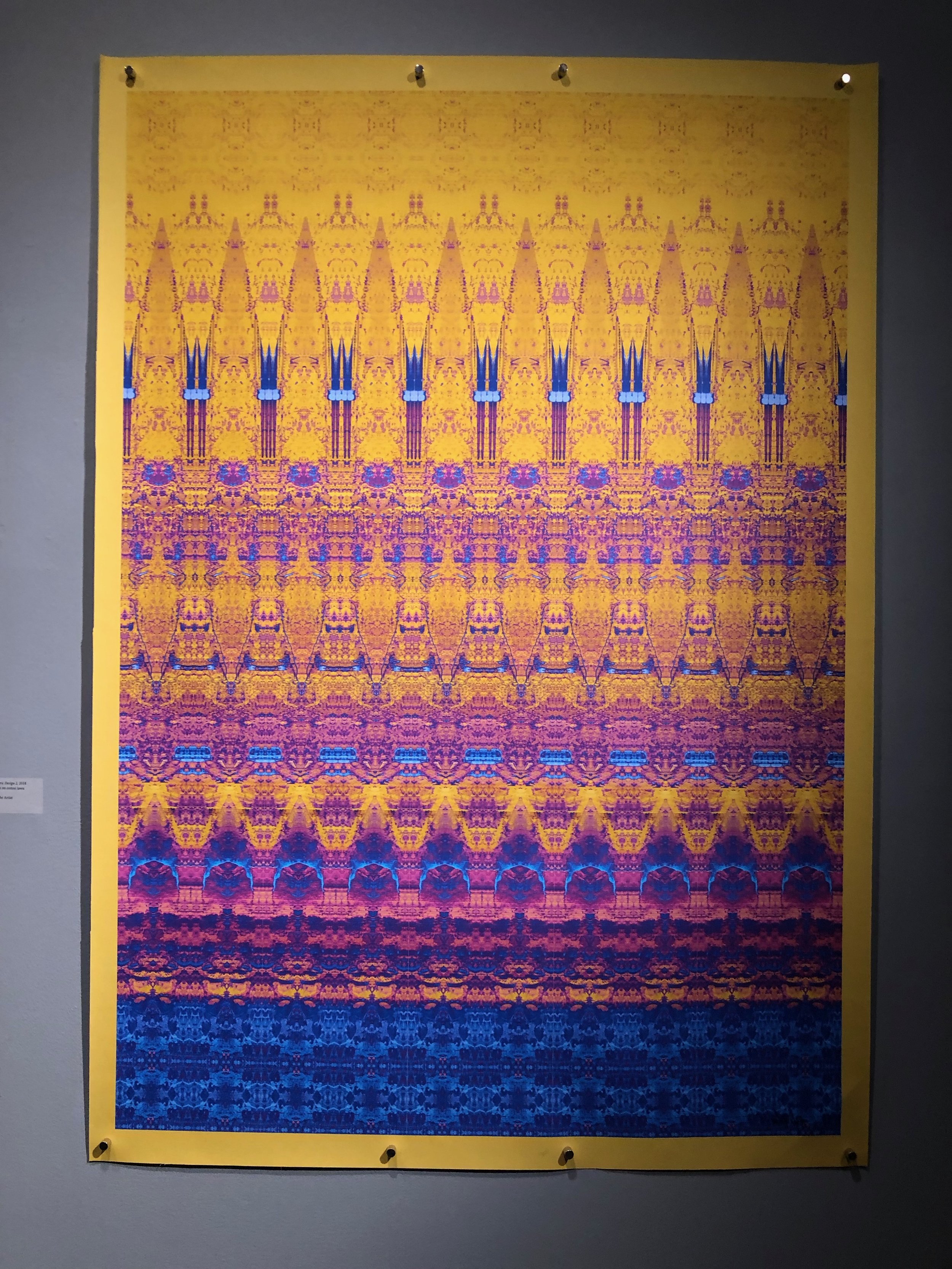
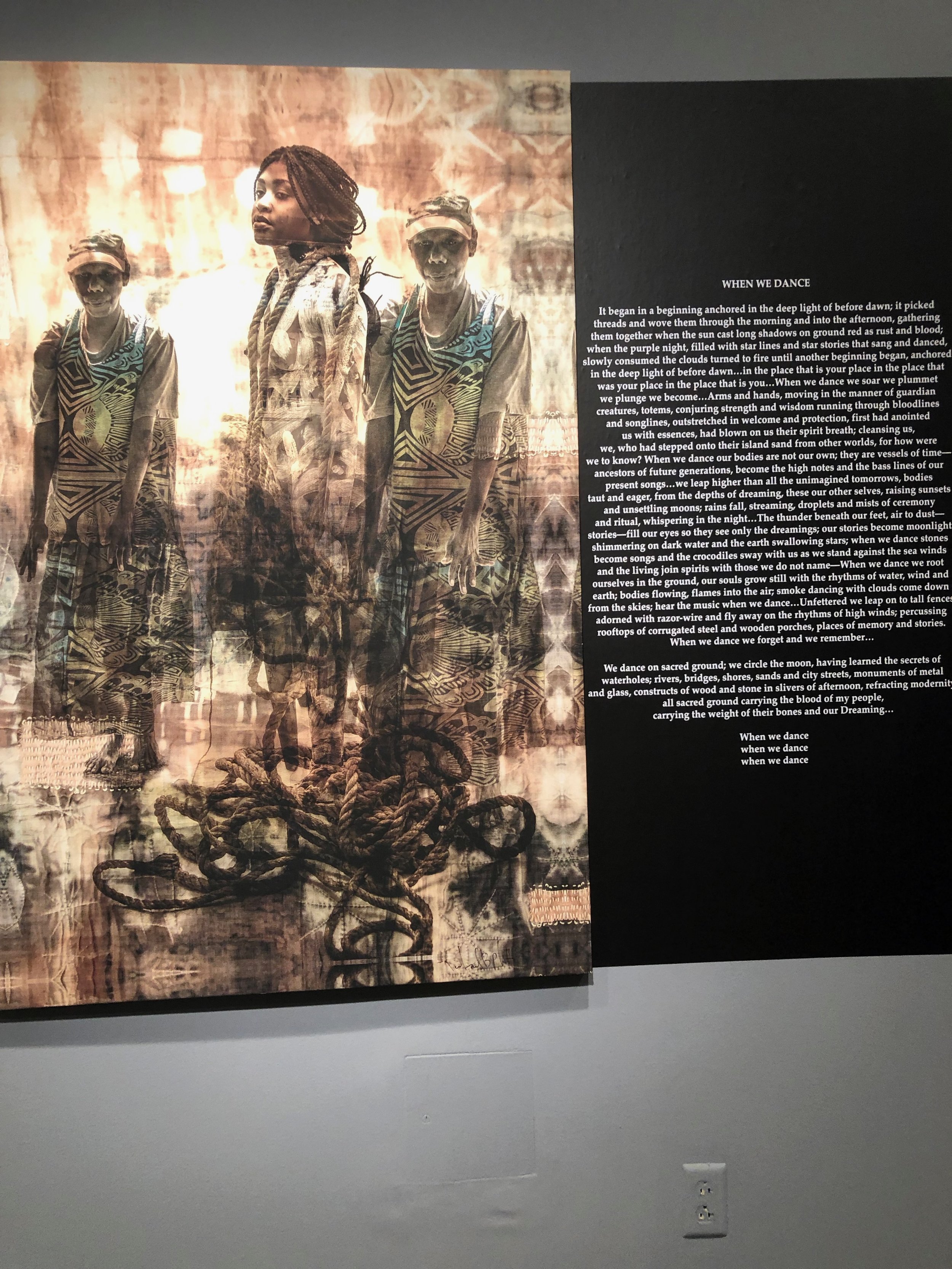
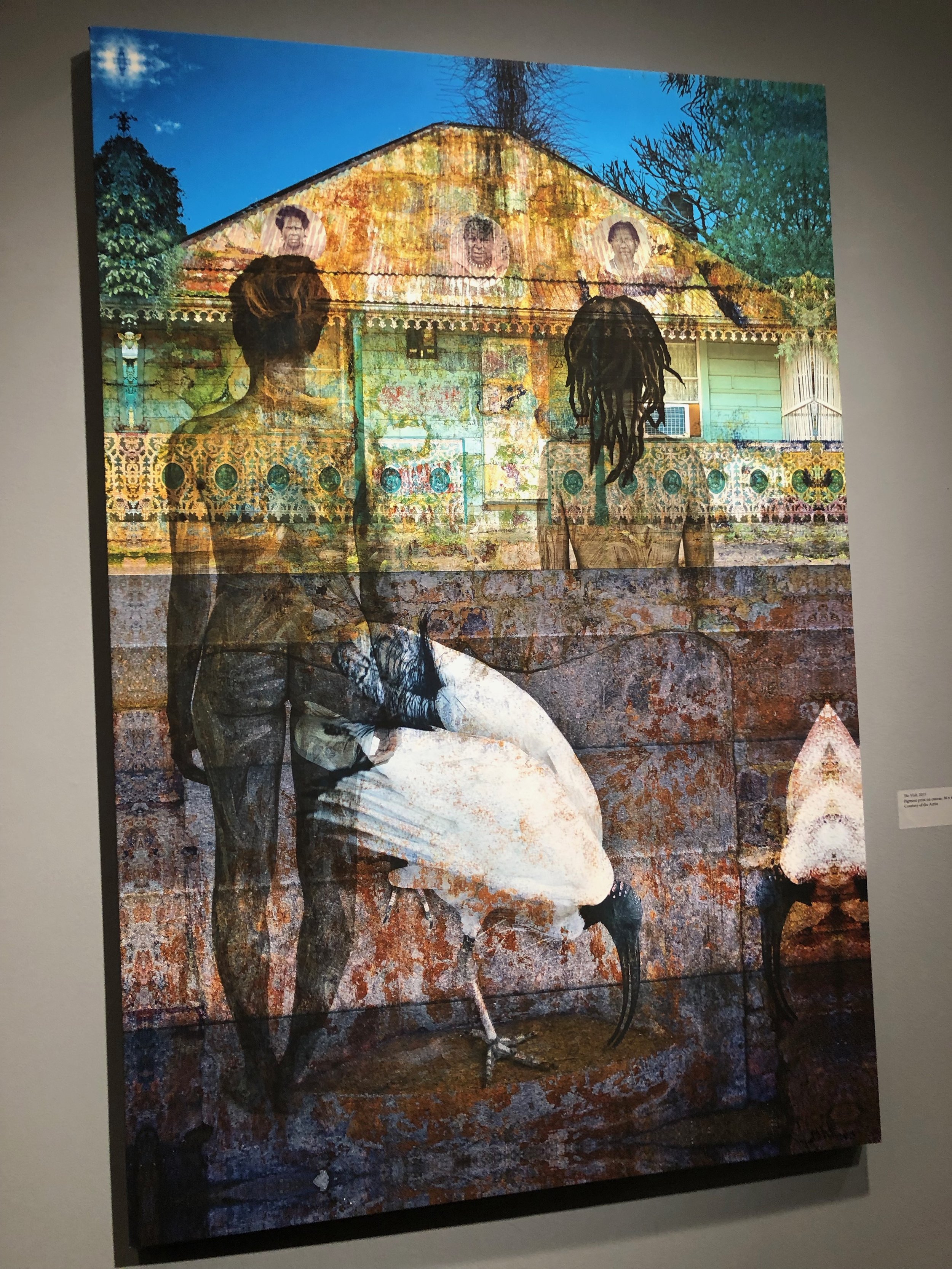
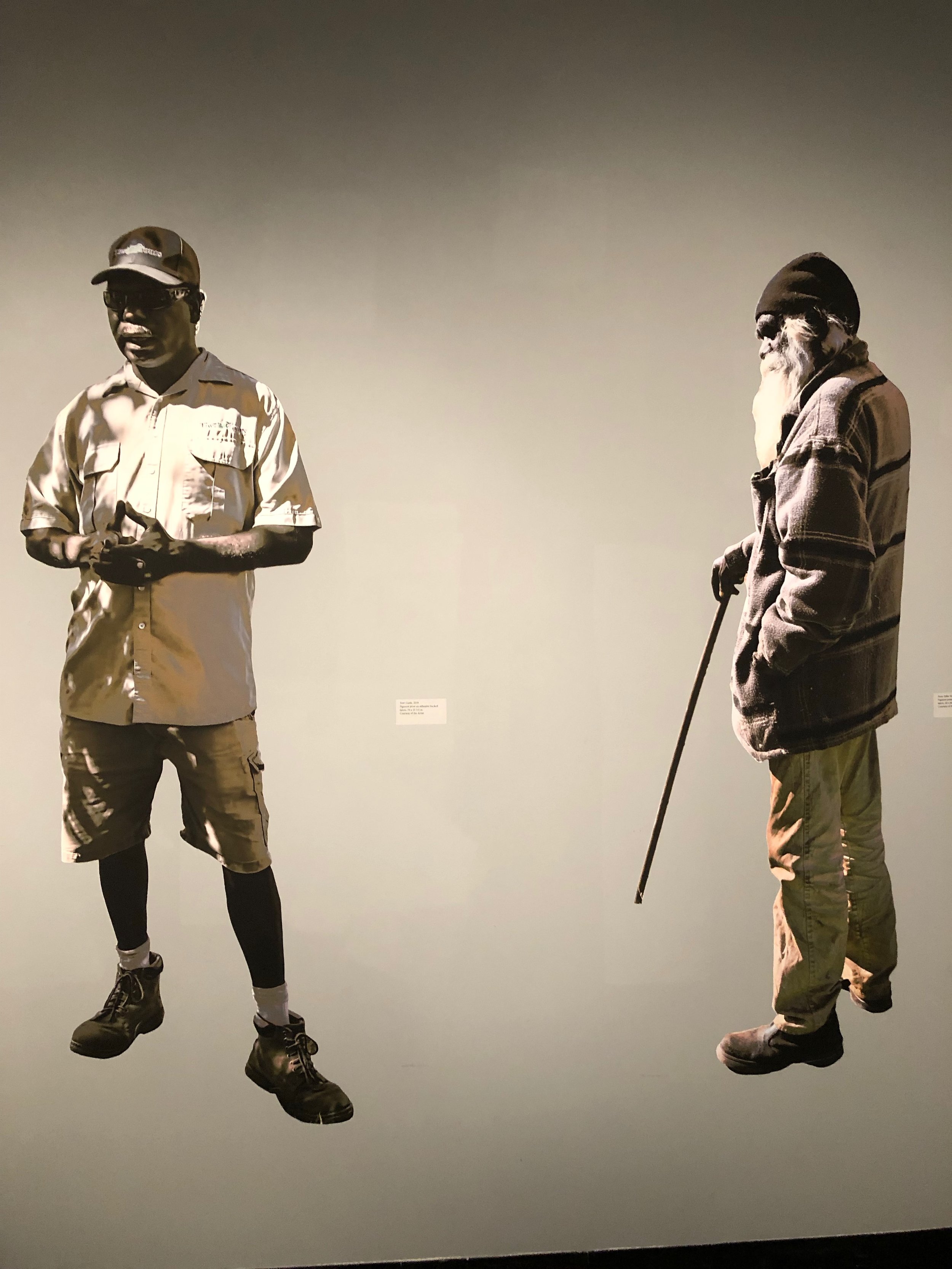
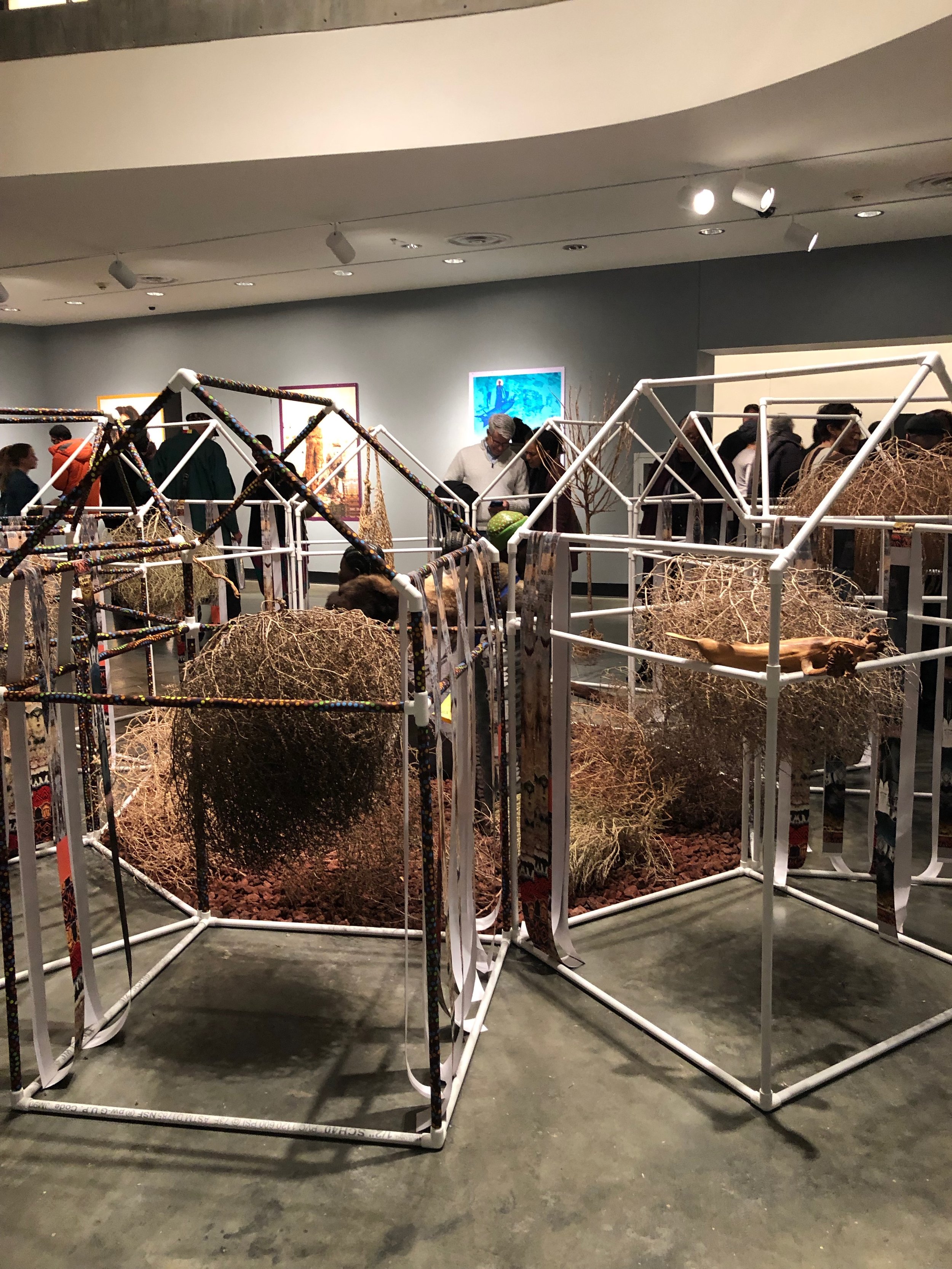

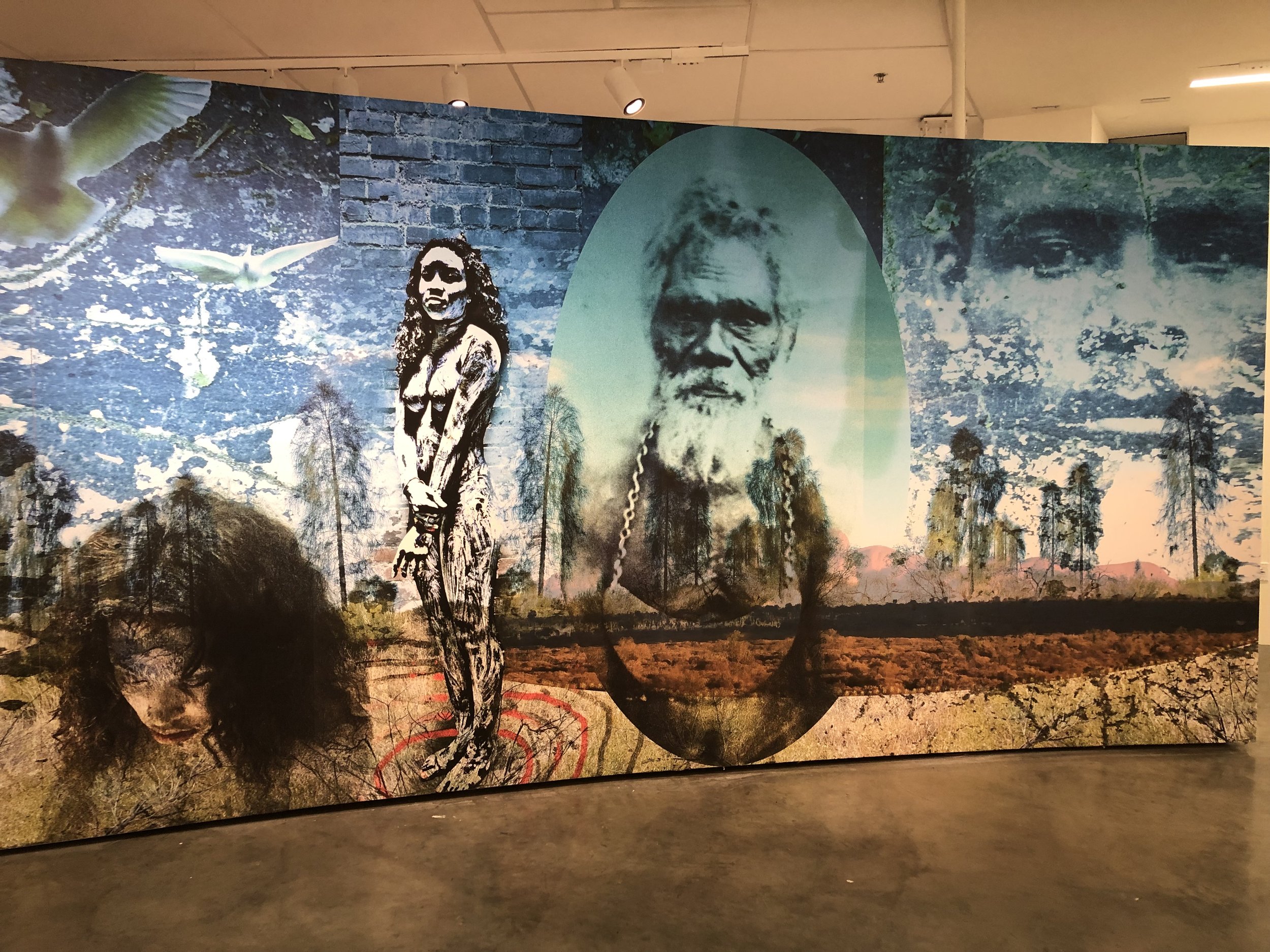
it’d be cool to pigment print something on canvas and then work from there. michael’s work layered before the printing process; i’m thinking how neat layering after printing would look. i’m sure loads of people do this. could be fun to explore.
his work fed my thoughts about identity, memory, morality. everything’s feeding into that lately. especially the good place. rare for me to cry over a tv show, but then there’s the good place season finale. SPOILERS!!! and it comes right to the basic ideals of my current research/installation work: are we our memories or our morality. chidi is so obviously his morality — his raison d’etre. he’s a freakin moral philosopher. but wiping his memories, his character’s growth over the past season, hurts. because those memories make him a better, more well-rounded, and ultimately happier person. without those, he’ll go back to the stomach aches and anxiety of always worrying about making a wrong ethical decision, obsessing instead of experiencing. he was at peace. and in love. END OF SPOILERS
so then i’m re-reading over and over again “what if the placebo effect isn’t a trick” in the new york times magazine, an interesting and really confusing article. biochemical reactions, based on an individual’s enzyme production, reflect our tendency to be more/less receptive to the placebo effect.
An enzyme called COMT affected people’s response to pain and painkillers…. Those with the high-COMT variant had the weakest placebo responses, and those with the opposite variant had the strongest. These effects were compounded by the amount of interaction each patient got: For instance, low-COMT, high-interaction patients fared best of all, but the low-COMT subjects who were placed in the no-treatment group did worse than the other genotypes in that group. They were, in other words, more sensitive to the impact of the relationship with the healer….
COMT is one of a number of enzymes that determine levels of catecholamines, a group of brain chemicals that includes dopamine and epinephrine…. catecholamines are associated with stress, as well as with reward and good feeling, which bolsters the possibility that [it] plays an important role in illness and health, especially in the chronic, stress-related conditions that are most susceptible to placebo effects….
A 2015 study published in the journal Pain analyzed 84 clinical trials of pain medication conducted between 1990 and 2013 and found that in some cases the efficacy of placebo had grown sharply, narrowing the gap with the drugs’ effect from 27 percent on average to just 9 percent.
where is the morality in a company (i know, drug companies and morality — not a promising combo) that finds their pain medicine works no or little better than a placebo, but continues to heavily push these drugs anyway? this, of course, leads right into purdue’s continuing to aggressively market opioids, knowing the consequences.
and this week i also read “It’s Time to Drop the ‘LGBT’ From ‘LGBTQ’” in the atlantic, which goes into a subject i think about a lot: why is it so important for my kids to label themselves? last thing i ever wanted. i know, the whole thing like with kurt vonnegut and belonging to a family, whether it be a family of people with your last name or a family of people with your same sexual preference. but isn’t it adding to the divisiveness in our world? i also get that underserved or those discriminated against need to bind together to affect change. but does labeling yourself do that? the author, jonathan rauch, a long-time gay activist, suggests bunching it all under Q, for queer, which, if you’re a Star Trek: TNG fan makes you think of something else all together. anyway, the conversation continues in my head. and it’s not lost on me that a blog or two ago, i labeled myself in about 10 different ways. geez, it’s addictive.
this all brings me back to the power of art. michael platt’s canvases allowed me to ponder identity without labels, while experiencing overwhelming appreciation for the luscious world he created. what an amazing legacy.
